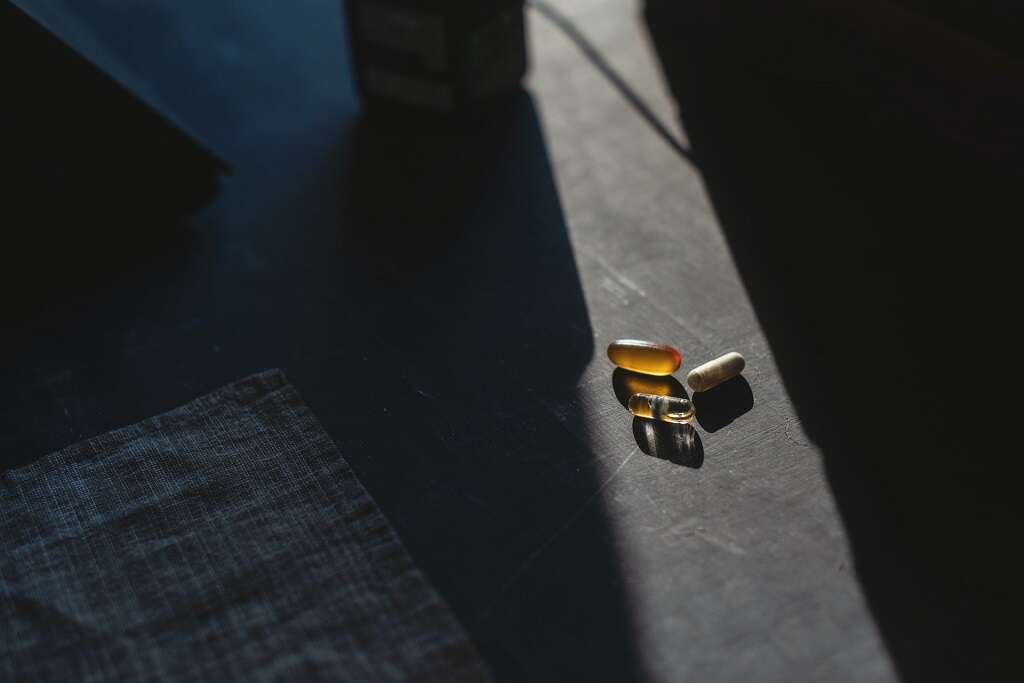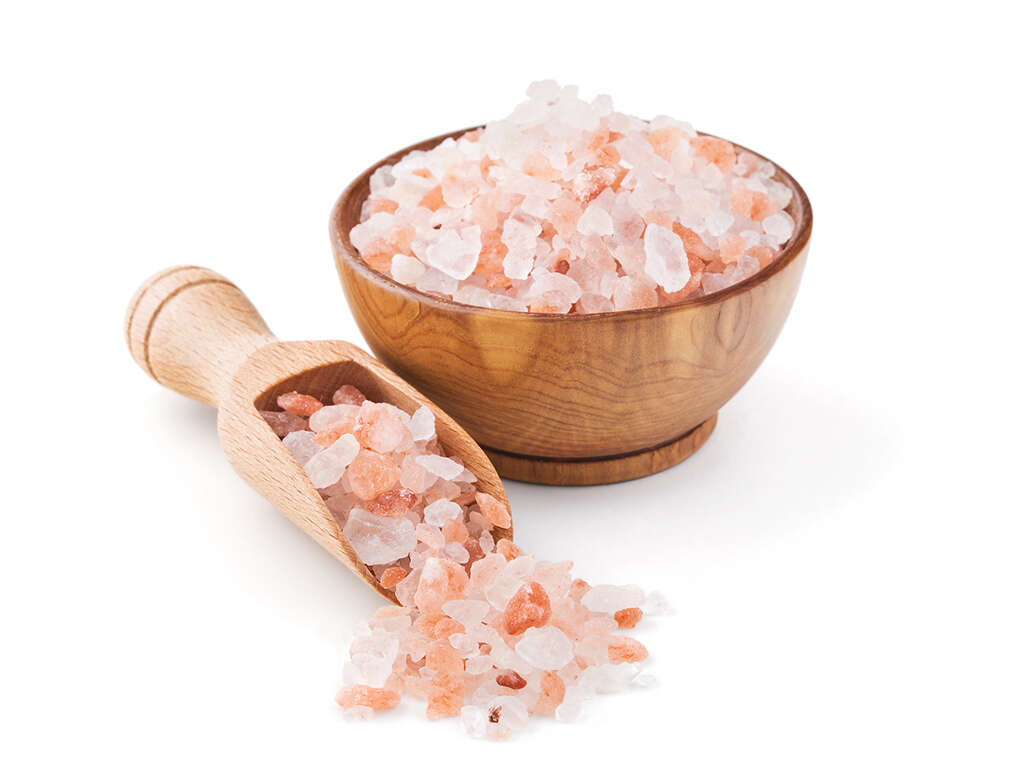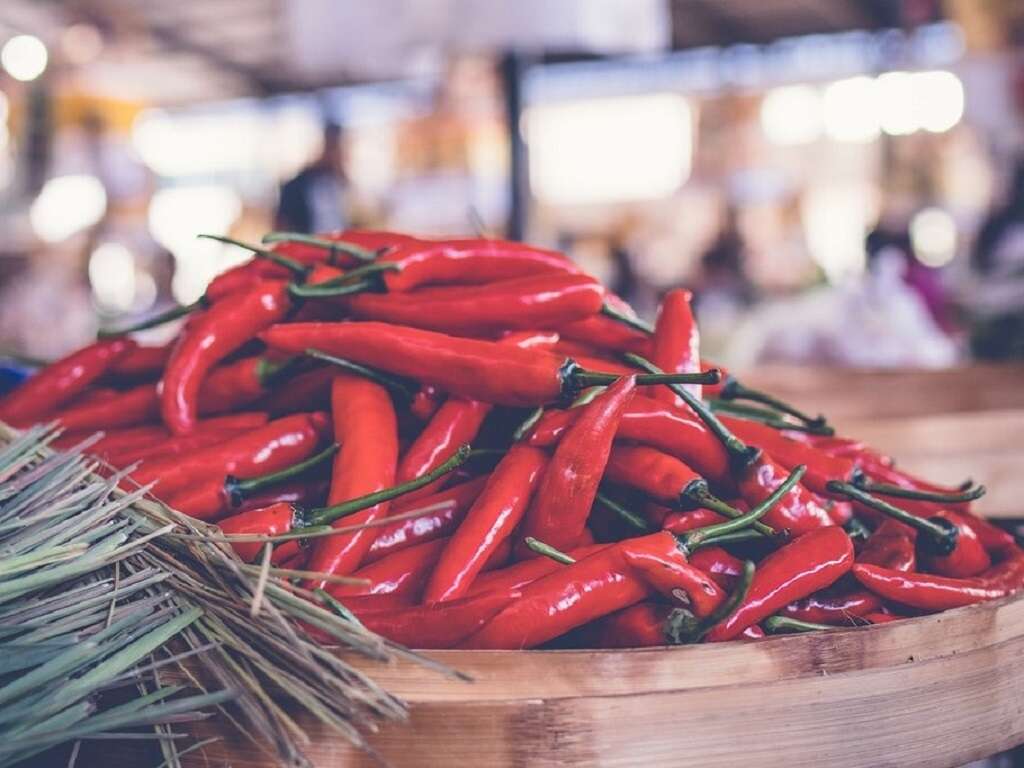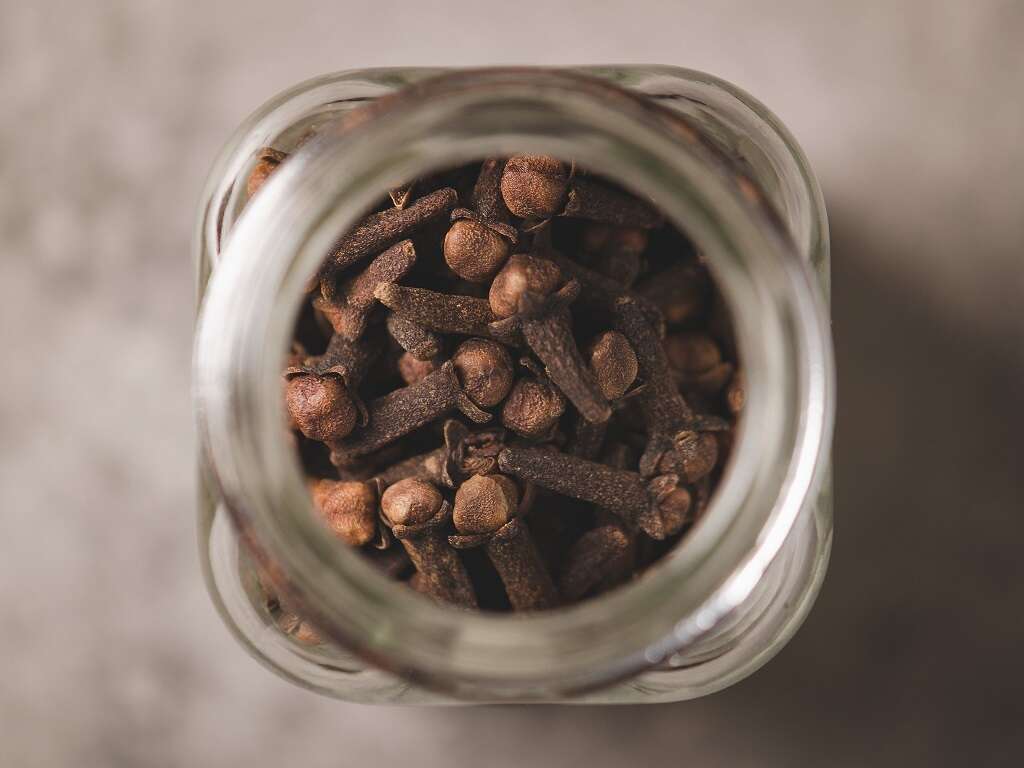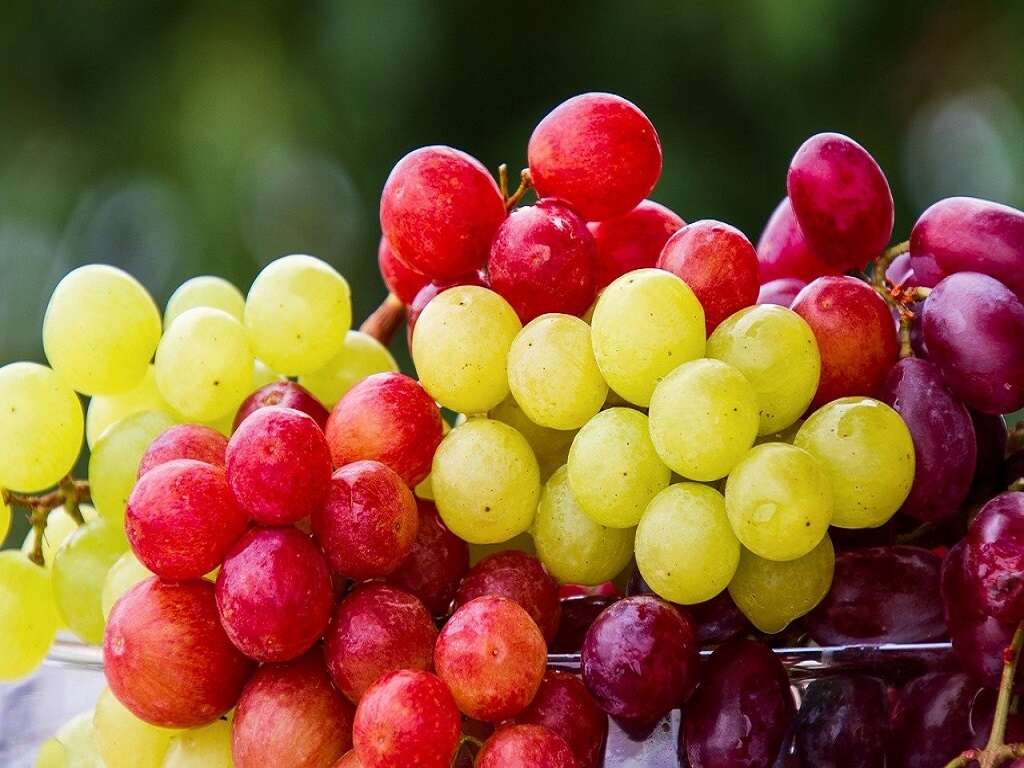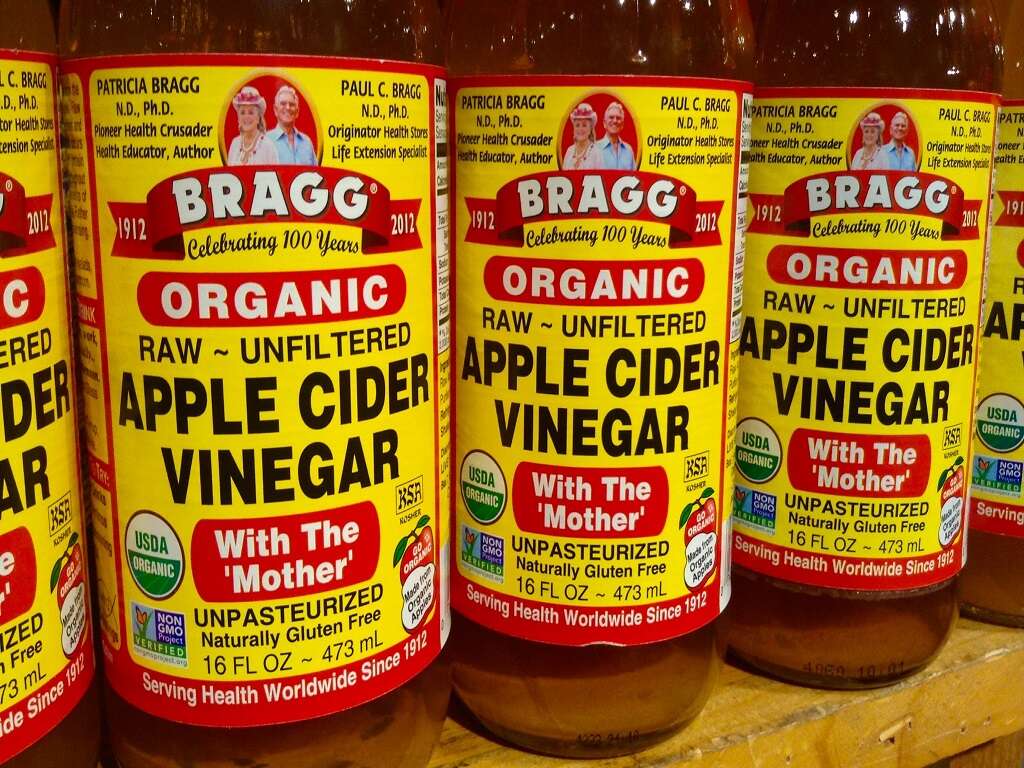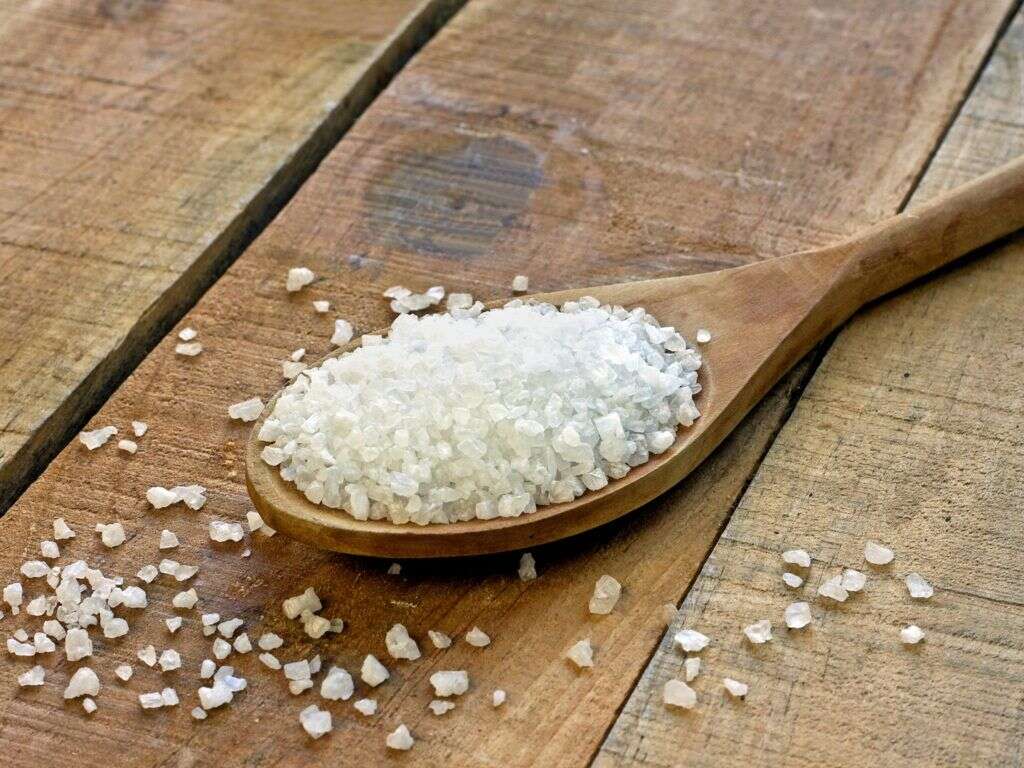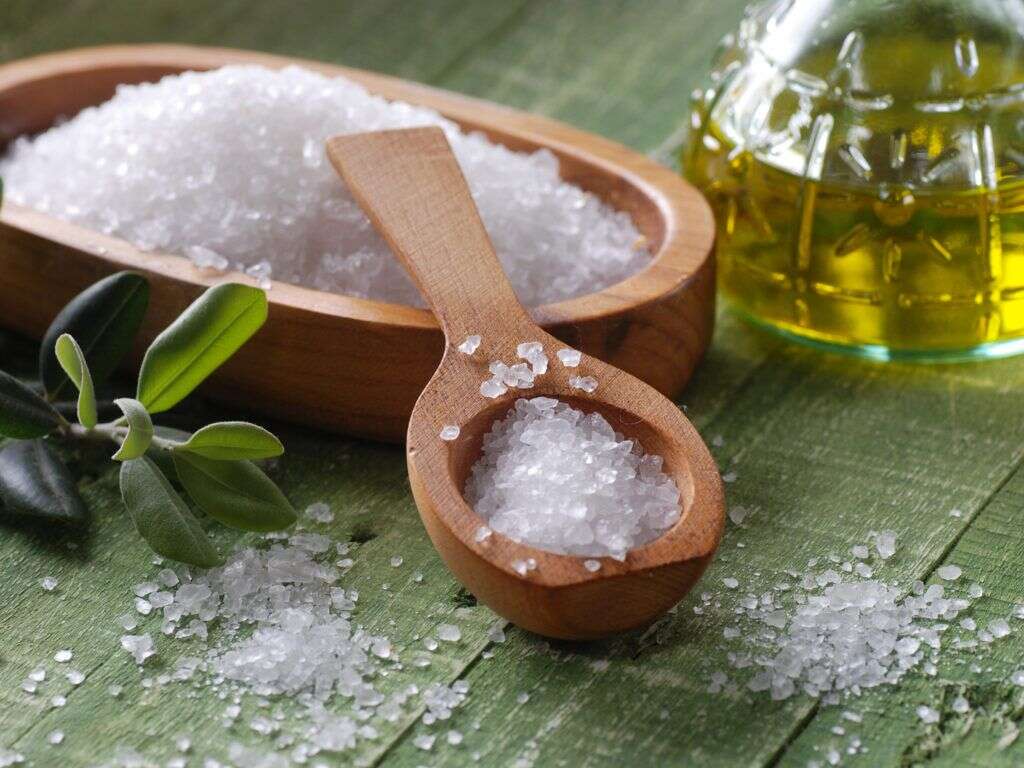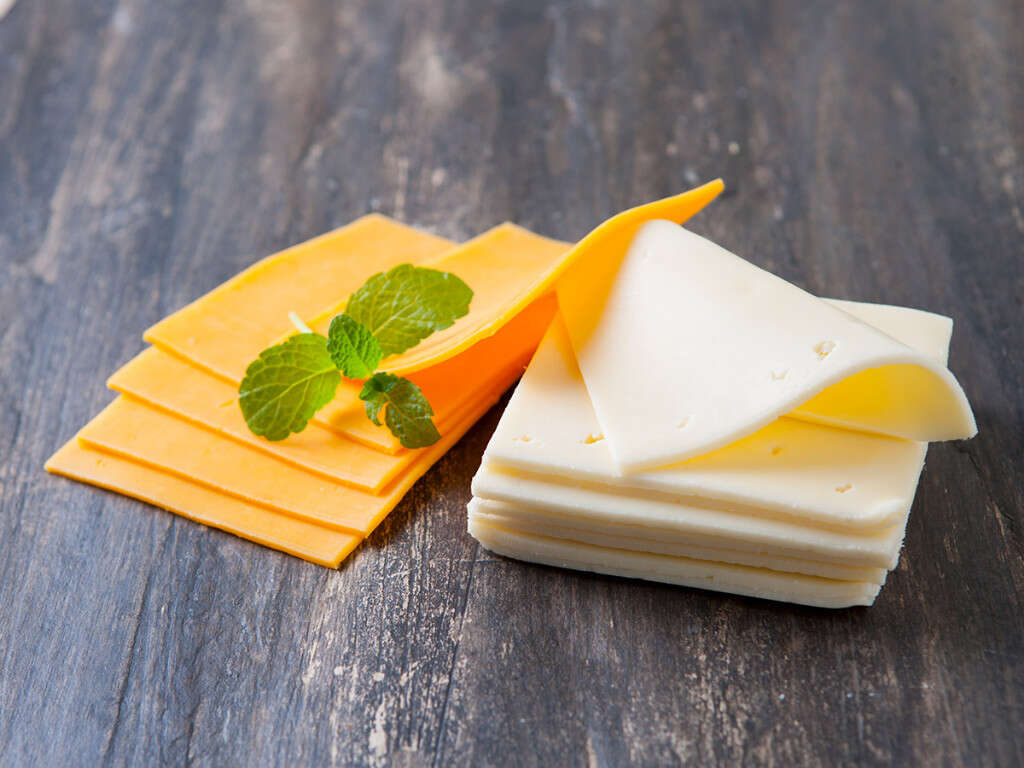10 Iodine Rich Foods
 Article Sources
Article Sources
- 1. 'Iodine in Diet: MedlinePlus Medical Encyclopedia' MedlinePlus, U.S. National Library of Medicine, medlineplus.gov/ency/article/002421.htm
- 2. Gunnarsdottir, Ingibjörg, et al. 'Iodine Intake and Status in Iceland through a Period of 60 Years.' Food & Nutrition Research, CoAction Publishing, 27 May 2009, www.ncbi.nlm.nih.gov/pmc/articles/PMC2691155/
- 3. Yeh, Tai Sheng, et al. 'Analysis of Iodine Content in Seaweed by GC-ECD and Estimation of Iodine Intake.' Journal of Food and Drug Analysis, No Longer Published by Elsevier, 17 Feb. 2014, www.sciencedirect.com/science/article/pii/S1021949814000155
- 4. 'Office of Dietary Supplements - Iodine.' NIH Office of Dietary Supplements, U.S. Department of Health and Human Services, ods.od.nih.gov/factsheets/Iodine-HealthProfessional/
- 5. 'Office of Dietary Supplements - Iodine.' NIH Office of Dietary Supplements, U.S. Department of Health and Human Services, ods.od.nih.gov/factsheets/Iodine-Consumer/
- 6. Aquaron R;Delange F;Marchal P;Lognoné V;Ninane L; 'Bioavailability of Seaweed Iodine in Human Beings.' Cellular and Molecular Biology (Noisy-Le-Grand, France), U.S. National Library of Medicine, pubmed.ncbi.nlm.nih.gov/12146713/
Despite concentrated efforts in the last two decades to eliminate iodine deficiency, it still lingers in many parts of the world. Iodine is an essential mineral essential to optimal thyroid hormone production.1‘Iodine in Diet: MedlinePlus Medical Encyclopedia’ MedlinePlus, U.S. National Library of Medicine, medlineplus.gov/ency/article/002421.htm The thyroid hormones are required for energy metabolism and several other crucial bodily functions, including proper brain and bone development.
Iodine does not naturally occur in many foods. Additionally, a food's iodine content will depend on varying factors, including the content of the soil and seawater where it's grown. Fortunately, many foods that are rich in iodine are widely available globally and many households use iodized salt.

Seaweed
Edible seaweeds, including nori, wakame and kombu kelp, are some of the best sources of this essential mineral. One study found that kombu contains the highest amount of iodine compared to other seaweeds.3Yeh, Tai Sheng, et al. ‘Analysis of Iodine Content in Seaweed by GC-ECD and Estimation of Iodine Intake.’ Journal of Food and Drug Analysis, No Longer Published by Elsevier, 17 Feb. 2014, www.sciencedirect.com/science/article/pii/S1021949814000155 This type of brown seaweed is sold as a fine powder or dried and is often used to make dashi, a Japanese soup stock.
Wakame, used in miso soup, is another type of brown seaweed rich in iodine. As a red type of seaweed, Nori has a lower content of iodine but is still a good source. The amount of iodine in all seaweeds will depend on where it is grown.

Fish
Fish and shellfish are good sources of iodine; however, according to the Icelandic Food Content Database, low-fat fish have the highest amounts.2Gunnarsdottir, Ingibjörg, et al. ‘Iodine Intake and Status in Iceland through a Period of 60 Years.’ Food & Nutrition Research, CoAction Publishing, 27 May 2009, www.ncbi.nlm.nih.gov/pmc/articles/PMC2691155/ Fish that include perch, cod, haddock, tuna and sea bass provide healthy amounts of iodine.
However, as cod is a low-fat fish, it tends to have a high level of iodine, although the amount can vary depending on whether the cod was wild-caught or farm-raised. Additionally, the region where the fish developed will influence the iodine levels.

Dairy Products
Iodine can be found in many dairy products due to the iodized feed given to the dairy animals. Therefore, foods such as milk, yogurt and cheese can be good sources of iodine in North American diets.
However, the amount of iodine in dairy products will depend on the amount of iodine feed supplements the dairy cows received. Additionally, sanitizing agents used to clean dairy cows and the milk-processing equipment will also affect the iodine levels.
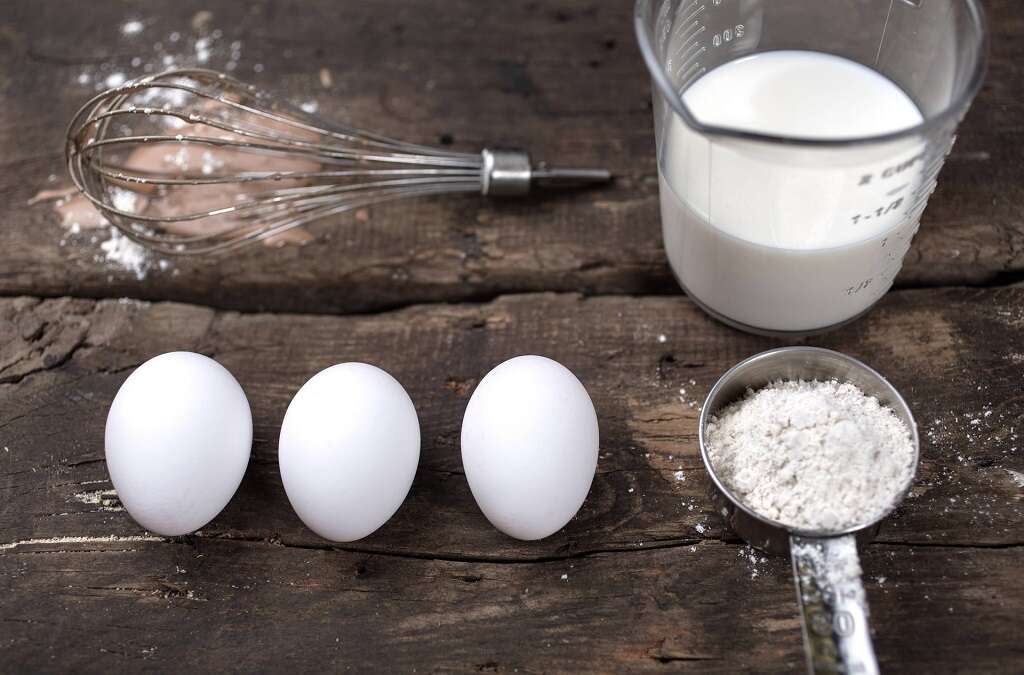
Plants Grown In Iodine-Rich Soil
Soils worldwide contain varying amounts of iodine. This variance directly affects the iodine levels in the crops grown. Therefore, food grown in areas of the world with iodine-deficient soils will naturally contain low iodine levels. This iodine deficiency increases the risk of iodine deficiency among the people who consume these foods.
As a result, many countries have adopted salt iodization programs to combat this deficiency and have dramatically reduced the prevalence of iodine deficiency in their populations.3Yeh, Tai Sheng, et al. ‘Analysis of Iodine Content in Seaweed by GC-ECD and Estimation of Iodine Intake.’ Journal of Food and Drug Analysis, No Longer Published by Elsevier, 17 Feb. 2014, www.sciencedirect.com/science/article/pii/S1021949814000155
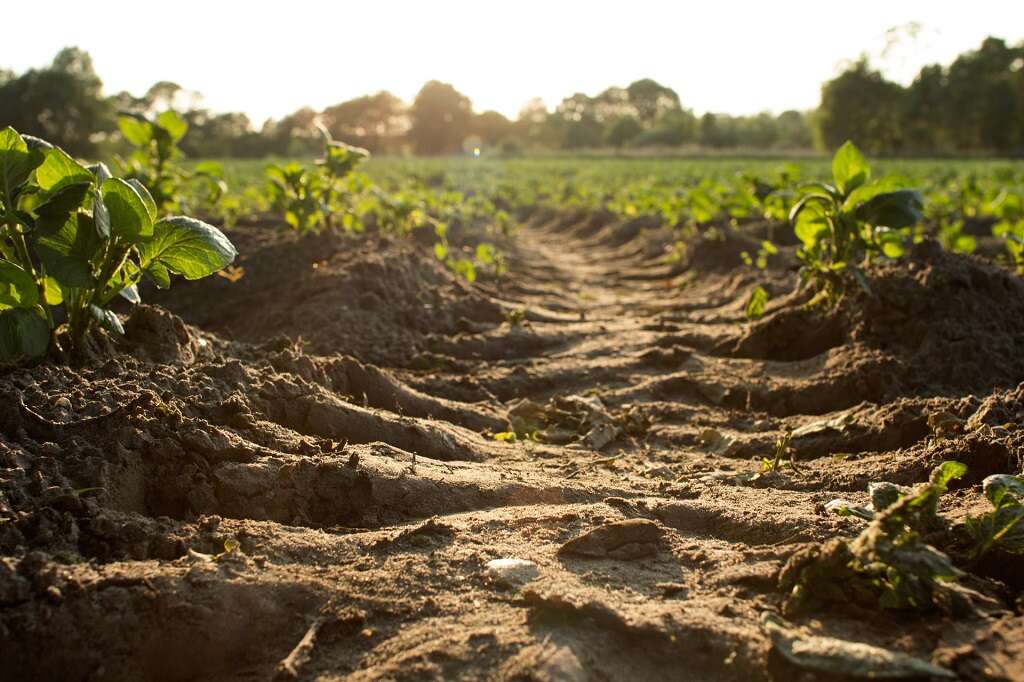
Breast Milk and Infant Formulas
Iodine is also present in human breast milk. However, concentrations are dependent on the parents' iodine level. If a breastfeeding or pregnant person is deficient in iodine, the infant or fetus may also be at risk of iodine deficiency. Iodine deficiency in developing humans can result in physical and cognitive impairments.
Iodine is also found in fortified infant formulas but varies depending on the brand. For this reason, it is a good idea to check the product labels to ensure the levels are sufficient.

Shellfish
Many types of shellfish are good dietary sources of iodine as they absorb some iodine that is naturally present in seawater. For example, shrimp, as well as being a good source of protein and many nutrients, is relatively rich in iodine. Additionally, shrimp provide vital nutrients such as phosphorus, vitamin B12 and selenium.
Shellfish such as oysters are also relatively rich in iodine, but their iodine levels will depend on the seawater iodine levels where they are harvested.

Eggs
Animals and their byproducts contain iodine, and eggs are no exception. Most of the iodine found in eggs is found in their yolks, absorbed by the egg from the iodine added to the chickens' feed. However, since iodine content in chicken feed can vary, the amount found in eggs will also fluctuate.
One hard-boiled egg typically provides about 26 mcg of iodine and is also a wonderful source of healthy fats, protein and a wide variety of minerals and vitamins.
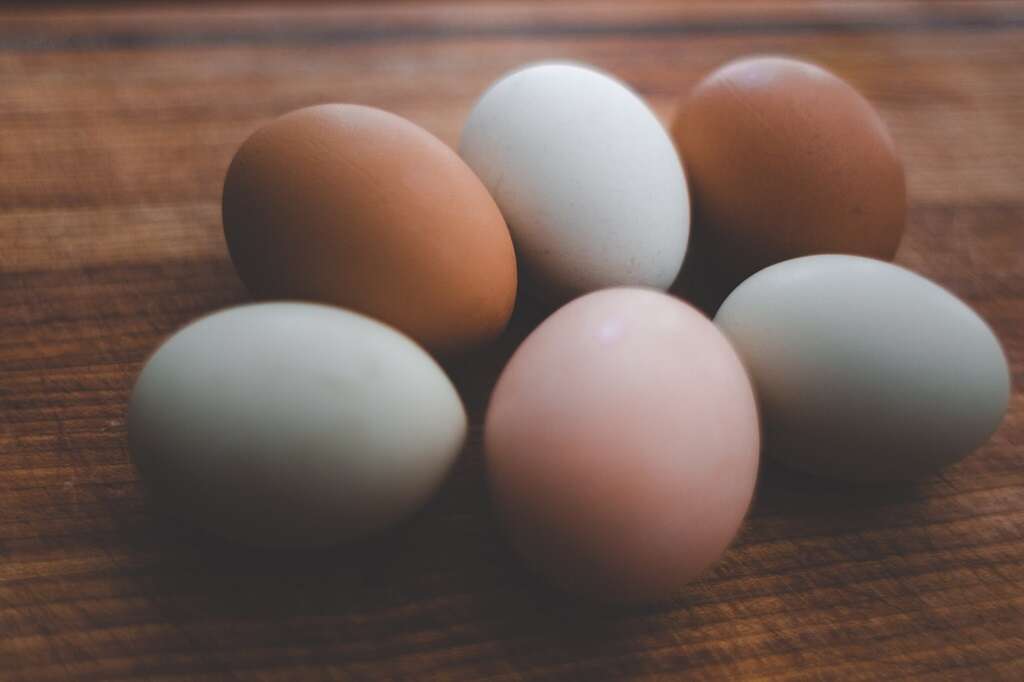
Prunes and Lima Beans
Most fruits and vegetables are relatively low in iodine. Plus, their iodine amounts will be affected by the iodine content of the soil, fertilizer use and irrigation practices. However, prunes may be a good vegan or vegetarian source of iodine. Additionally, prunes are rich in vitamins and nutrients.
Lima beans are also a relatively good vegetarian or vegan source of iodine, folate, magnesium and fiber, making them a healthy dietary choice, particularly for the heart.
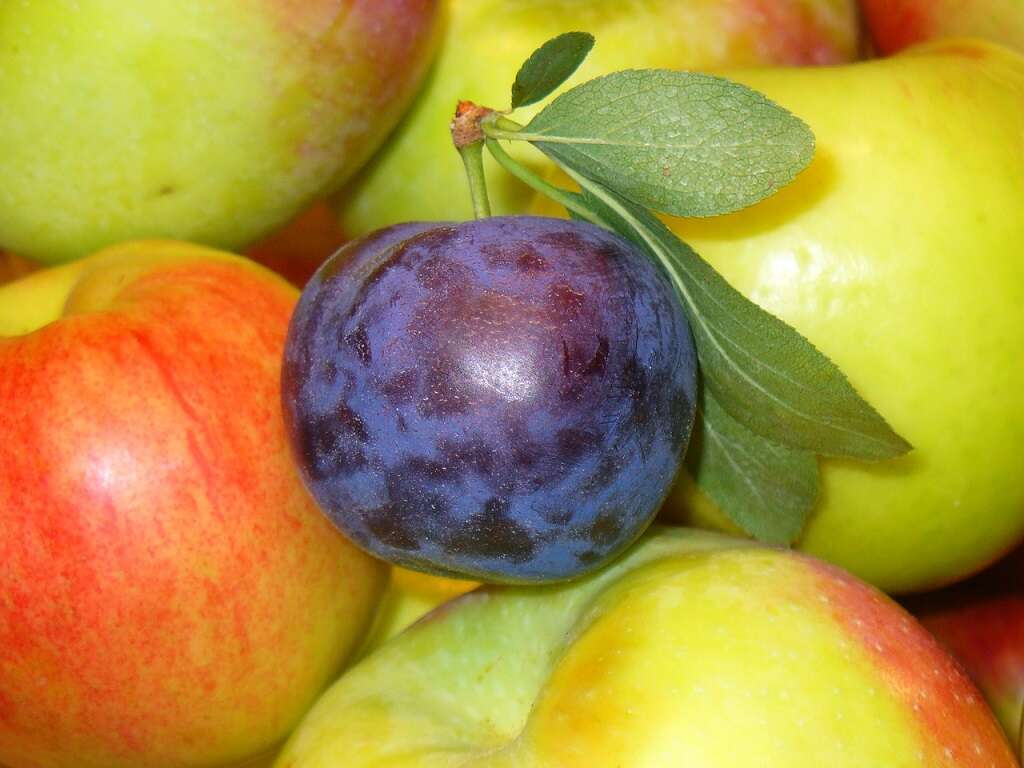
Iodized Salt
Iodized salt is a significant dietary source of iodine internationally, but its use varies widely. When iodized salt is used in food production, foods with a relatively high salt content such as some prepared meals, savory snacks, cheese, sausages and bread can contribute meaningfully to dietary iodine intakes.
However, many processed soups rarely contain iodized salt. In addition, specialty salts like Himalayan salt, kosher salt, fleur de sel and sea salt are not commonly iodized.
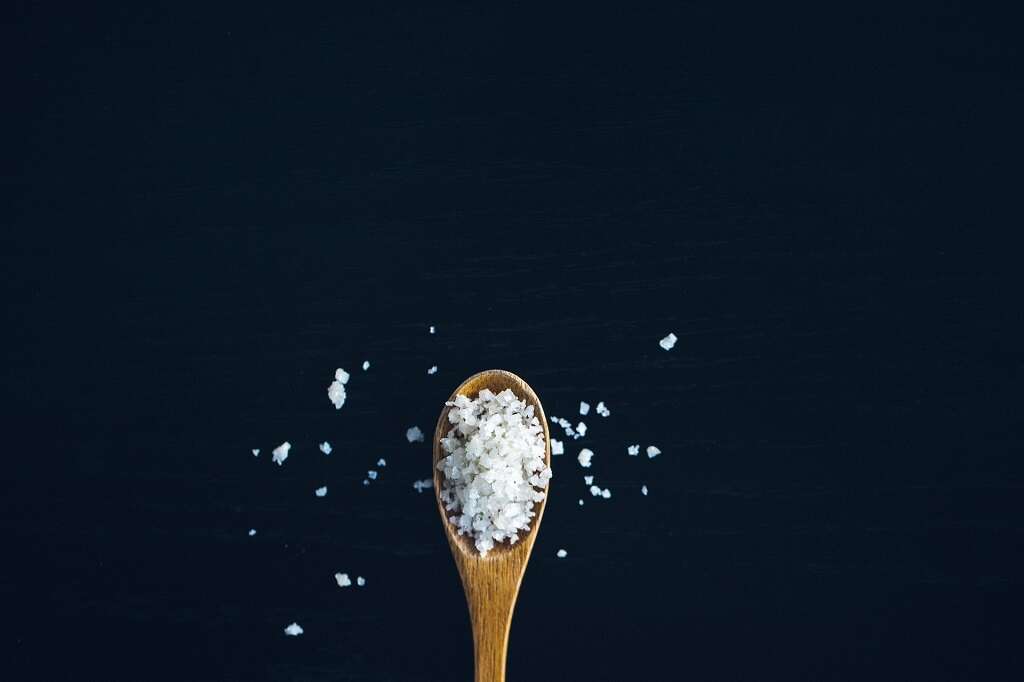
Dietary Supplements
Daily iodine intake requirements depend on age but are highest for breastfeeding parents. For this reason, several prenatal supplements contain iodine. For those who may not have access to iodine-rich foods, a multivitamin/mineral supplement containing iodine may be the answer to getting an adequate amount in their diet.
Iodine is often present in dietary supplements as sodium iodide or potassium iodide. A small research study found that potassium iodide is almost completely absorbed when ingested.6Aquaron R;Delange F;Marchal P;Lognoné V;Ninane L; ‘Bioavailability of Seaweed Iodine in Human Beings.’ Cellular and Molecular Biology (Noisy-Le-Grand, France), U.S. National Library of Medicine, pubmed.ncbi.nlm.nih.gov/12146713/ Supplements that contain iodine-rich kelp are also available.
